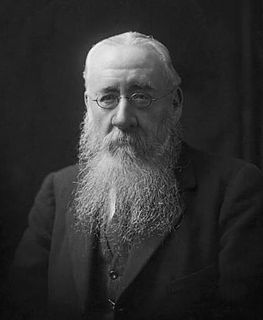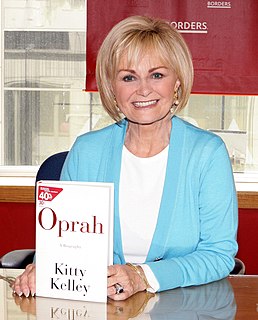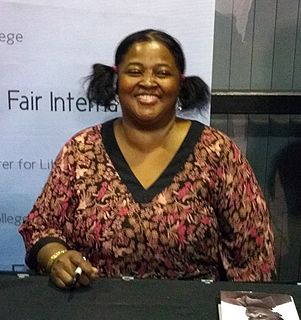A Quote by Hilary Mantel
When I wrote about the French Revolution, I didn't choose to write about aristocrats; I chose characters who began their lives in provincial obscurity.
Quote Topics
Related Quotes
That certain snobbery of certainly the Parisian - combined with a complete denial of your historical legacy, is just awful. That's a funny thing about France. Saul Bellow wrote somewhere that he saw right through the French. He lived there. He wrote The Adventures of Augie March in Paris, and there's no one better than him to say what's unbearable about the French.
I only choose to write about people who are alive, are extremely powerful and as such have influenced our lives. I try to go behind their constructed myths to find the humanity of the person. It takes me about four years on every book and requires hundreds of interviews so I choose people whose lives I respect and achievements are worth recording.
I took to writing as my medicine to help me stay afloat in acting career journey. I wrote about me breaking hearts, and my heart being broken. I wrote about my views whether they were liberal or conservative. I wrote about everything. I wrote about my life. When I did not have paper coming in as green backs, I'd use random pieces of paper for stories. It was like, I got no money, but I have paper to write. So I wrote.
I don't write about love because it makes for easy, passive heroes. I write about how love makes my characters more autonomous, more self-possessed, more opinionated and powerful. I write about characters who pursue relationships that make them the people they want to become. I write about love as a superpower.
When I wrote my first book, 'The Tennis Party', my overriding concern was that I didn't write the autobiographical first novel. I was so, so determined not to write about a 24-year-old journalist. It was going to have male characters, and middle-aged people, so I could say, 'Look, I'm not just writing about my life, I'm a real author.'
'Freakonomics' began with a 'N.Y. Times Magazine' profile I wrote about Steve Levitt. I was working on a book about 'the psychology of money,' and since Levitt's an economist, my editor thought I'd be the guy to write about him. Fact is that Levitt has almost no interest in either psychology or money.




































